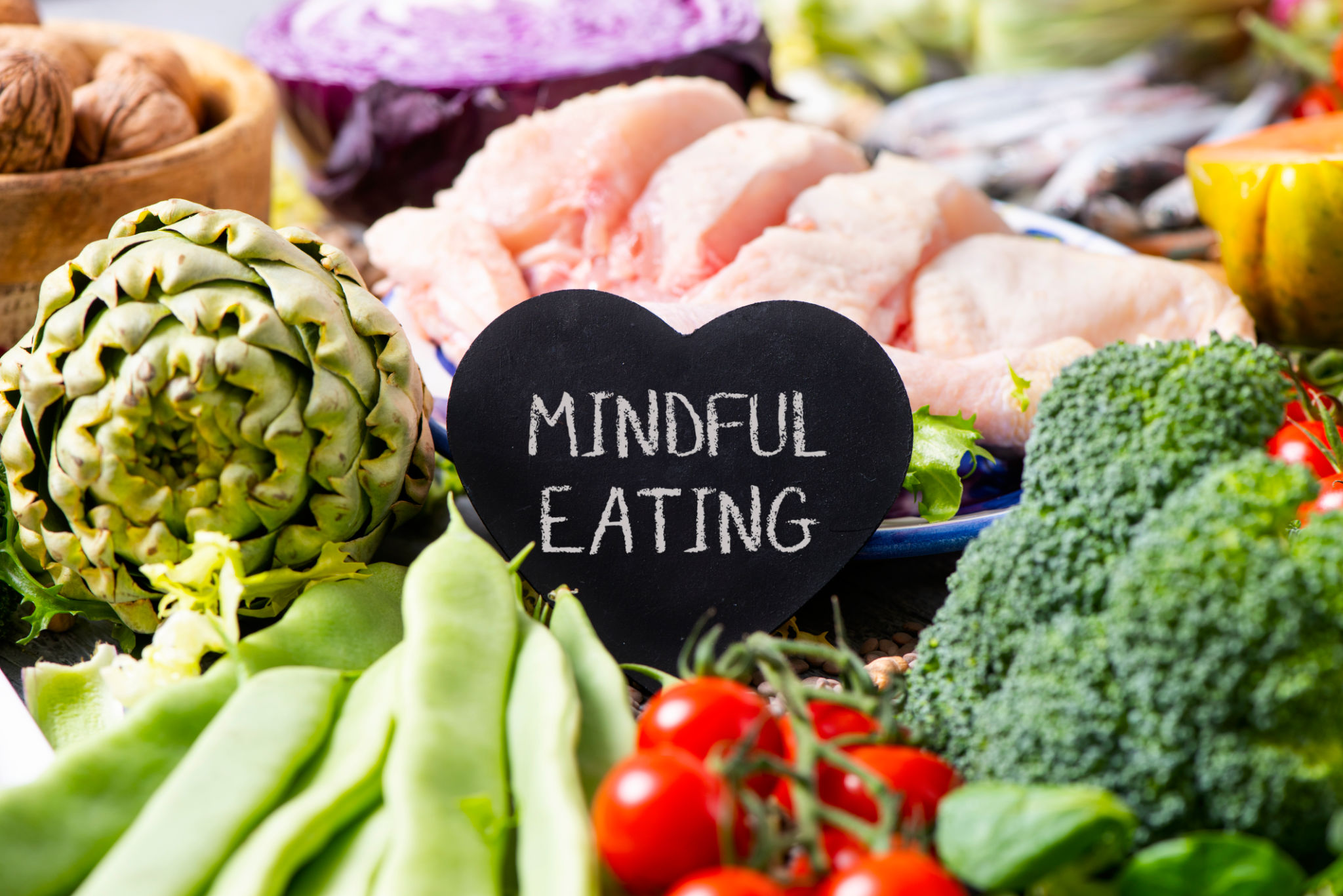Myths and Facts About Intuitive Eating: What You Need to Know
Understanding Intuitive Eating
Intuitive eating is a revolutionary concept in the realm of nutrition and wellness. It emphasizes listening to your body's natural hunger cues rather than following restrictive diets. However, despite its growing popularity, there are numerous myths surrounding this approach. Let's delve into what intuitive eating truly entails and debunk some common misconceptions.

Myth: Intuitive Eating Is Just Eating Whatever You Want
One of the most widespread myths about intuitive eating is that it's a free pass to eat anything and everything without regard for health. In reality, intuitive eating is about finding a balance. While it encourages honoring your hunger, it also involves recognizing when you're full and making food choices that honor your health and well-being.
Intuitive eating is not about reckless indulgence but about building a healthier relationship with food. It's a process of learning to trust your body and its signals, which can lead to more mindful eating habits.
Fact: Intuitive Eating Promotes a Healthy Relationship with Food
Unlike traditional diets that often impose strict rules, intuitive eating encourages a positive, guilt-free approach to food. This method focuses on internal cues rather than external diet plans, which can help reduce stress and anxiety related to eating.

Myth: Intuitive Eating Leads to Weight Gain
A common concern is that intuitive eating will result in weight gain. While weight change can occur, the primary goal of intuitive eating is not weight loss or gain; it's about achieving a state of well-being. By listening to your body, you may find that your weight naturally stabilizes at a point that's right for you.
It's important to understand that intuitive eating isn't a quick fix; rather, it's a long-term approach to maintaining a healthy lifestyle without the pressure of weight-centric goals.
Fact: Intuitive Eating Can Improve Emotional Well-being
Many people find that their mental health improves when they adopt intuitive eating practices. By eliminating the constant stress of dieting and food restriction, individuals often experience greater peace of mind and self-acceptance. This positive shift in mindset can have profound effects on overall quality of life.

Myth: Intuitive Eating Lacks Structure
Another misconception is that intuitive eating lacks the structure provided by traditional diets. While it may not have rigid meal plans or calorie counts, intuitive eating does have guiding principles. These include honoring your hunger, making peace with food, respecting your fullness, and challenging the food police.
The freedom from strict rules doesn't mean a lack of discipline; it means fostering an environment where healthy choices are naturally appealing and sustainable.
Fact: Intuitive Eating Is Evidence-Based
Research supports the benefits of intuitive eating for physical and mental health. Studies suggest that those who practice intuitive eating may experience improved cholesterol levels, lower blood pressure, and better metabolic health. Additionally, this approach has been linked to decreased disordered eating behaviors.
In summary, intuitive eating offers a holistic path to wellness by promoting a balanced relationship with food and body. By debunking myths and embracing facts, individuals can benefit from a more harmonious lifestyle that prioritizes overall health and happiness.